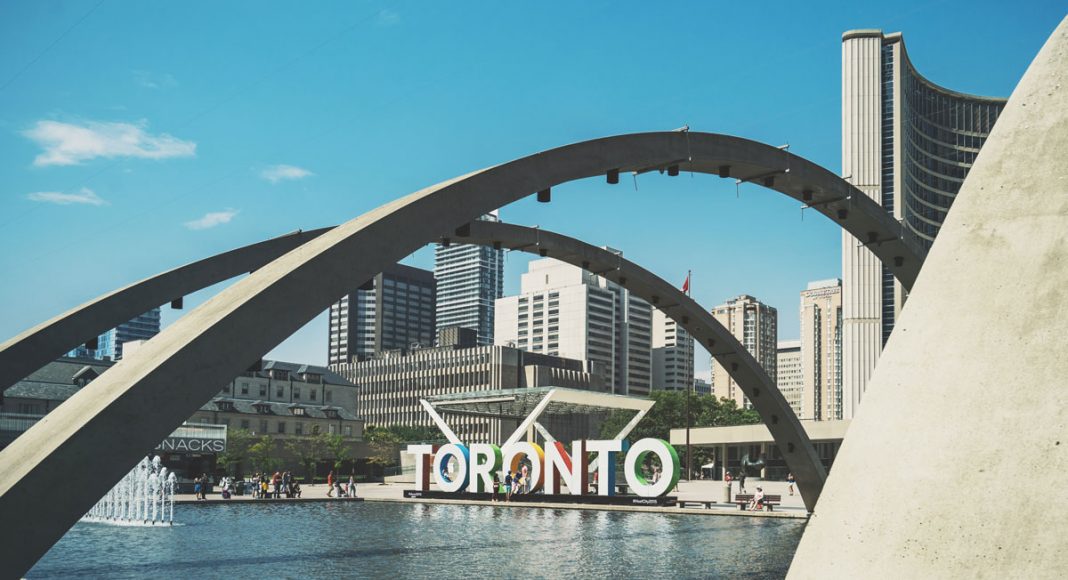Whoa Canada! The Canada’s emblematic maple leaf may soon be joined by another iconic leaf: Cannabis. Canadian Prime Minister Justin Trudeau’s campaign promise to legalize recreational marijuana will be fulfilled by next summer, according to reports.
If the reports are true, Canadians will be free to consume and cultivate cannabis beginning next July under landmark legislation that would legalize the possession of the herb for personal consumption. The government has not confirmed the report, but has not denied it.
CBC News, Canada’s national broadcaster, first broke the news.
Trudeau — and his Liberal Party — have long supported cannabis reform and the prime minister made it one of his platform pillars in his 2015 campaign.
The new law, which was revealed by fellow liberal Bill Blair over the weekend, will be made public during the week of April 10. According to CBC reports, the law is scheduled to go into effect by July 1, 2018.
Each year, Canadians celebrate July 1 as Canada Day, a federal holiday marking the official birth of the nation.
While the federal government will set a minimum age of 18 to legally purchase cannabis, provinces will be allowed to set a stricter age limit if desired.
Canada’s Conservative party has been opposed legalization, but times may be changing. Kevin O’Leary, considered to be a frontrunner in the race for the Conservative party’s leadership, has signaled that he would embrace legalization. O’Leary’s chief concern is impaired driving.
One major wrinkle to this — and any national cannabis legalization — is that it appears to directly defy international treaties. But the liberal government argues:
Canada is one of more than 185 Parties to three United Nations drug control conventions: the 1961 Single Convention on Narcotic Drugs (as amended by the 1972 protocol), the 1971 Convention on Psychotropic Substances and the 1988 Convention against Illicit Traffic in Narcotic Drugs and Psychotropic Substances.
Despite enforcement efforts under these treaties, cannabis remains the most widely used illicit drug in the world. Although the ultimate aim of the drug treaties is to ensure the “health and welfare of humankind,” there is growing recognition that cannabis prohibition has proven to be an ineffective strategy for reducing individual or social harms, including decreasing burdens on criminal justice systems, limiting negative social and public health impacts, and minimizing the entrenchment of illicit markets, which in some cases support organized crime and violence. Thus, a growing number of governments are interested in alternative approaches to cannabis control that promote and protect the health, safety and human rights of their populations. Several European and Latin American countries have decriminalized the personal possession of cannabis.
The proposed law appears to be in line with a document published by the federal government on November 30, 2016, titled “A Framework For The Legalization And Regulation Of Cannabis In Canada.”
According to that document, here are some of the proposed provisions:
Sales And Marketing
- Set the minimum age of purchase as 18, respecting the rights of provinces and territories to harmonize with sales of alcohol.
- Avoid selling alcohol and cannabis at the same location where possible: dedicated storefronts and direct mail are preferable.
- Limit the density and location of storefronts, including their proximity to schools and parks.
- Regulate retail sales at the provincial and territorial level.
- Restrict the promotion and advertising of cannabis products, similar to restrictions now in place for tobacco.
- Require plain packaging with company name, strain name, price, tetrahydrocannabinol (THC) and cannabidiol (CBD) amounts and health warnings.
- Prohibit any product deemed “appealing to children,” including products that look like candy.
Taxation
- Establish pricing and taxation following an economic analysis.
- Tax higher potency THC products at a higher rate to discourage purchase.
- Use revenue from cannabis regulation for drug prevention, education and treatment.
Public Consumption And Possession
- Extend restrictions on public smoking of tobacco products and vaping to cannabis.
- Allow and regulate dedicated places to consume cannabis products (lounges, for example.)
- Limit public possession to 30 grams of dried, non-medical cannabis or its equivalent, with a corresponding sales limit.
Production And Distribution
- Implement a system of licensed producers to grow cannabis in Canada.
- Allow personal cultivation of up to four plants per residence, with a height limit of 100 cm.
- Maintain medical marijuana access separately, with the same tax system as non-medical use.
- Move swiftly to create capacity for producing and selling cannabis.
Public Education And Safety
- Begin public education strategy immediately.
- Determine how to establish limits to prevent an increase in cannabis-impaired driving.
[gravityform id=”13″ title=”false” description=”true”]


